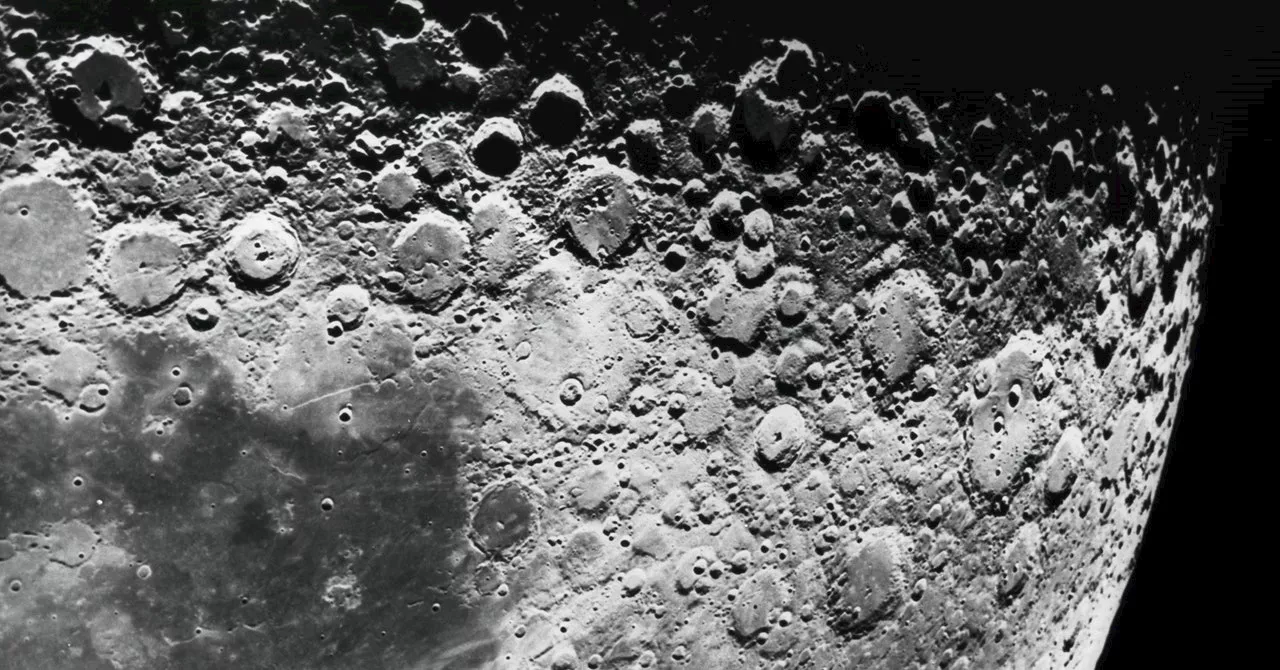Climate change is threatening Earth’s biodiversity. Could frozen regions of the moon be the best place to “back up” life-forms?
In the fall of 2016, soaring temperatures caused the permafrost encasing a remote Norwegian mountainside to thaw. An ensuing flood breached the entrance tunnel of the Svalbard Global Seed Vault, built into the mountain as a fortress to safeguard the world’s seeds. The rush of water signified a dire warning: Not even a multimillion-dollar “doomsday” vault designed to fortify the world’s food supply can escape the wrath of a warming planet.
Thanga and his team have sketched a system that would use solar panels and batteries to provide the power to push temperatures inside a lava tube down to the deep freeze needed to create their lunar ark. This is the defining difference between Thanga’s design and Hagedorn’s thought experiment. Where Thanga’s group would aim to actively cool the ark, Hagedorn and the Smithsonian team have envisioned a repository that uses natural features of the moon to keep the samples cryogenic.
Science Environment Moon Space Climate Change
United States Latest News, United States Headlines
Similar News:You can also read news stories similar to this one that we have collected from other news sources.
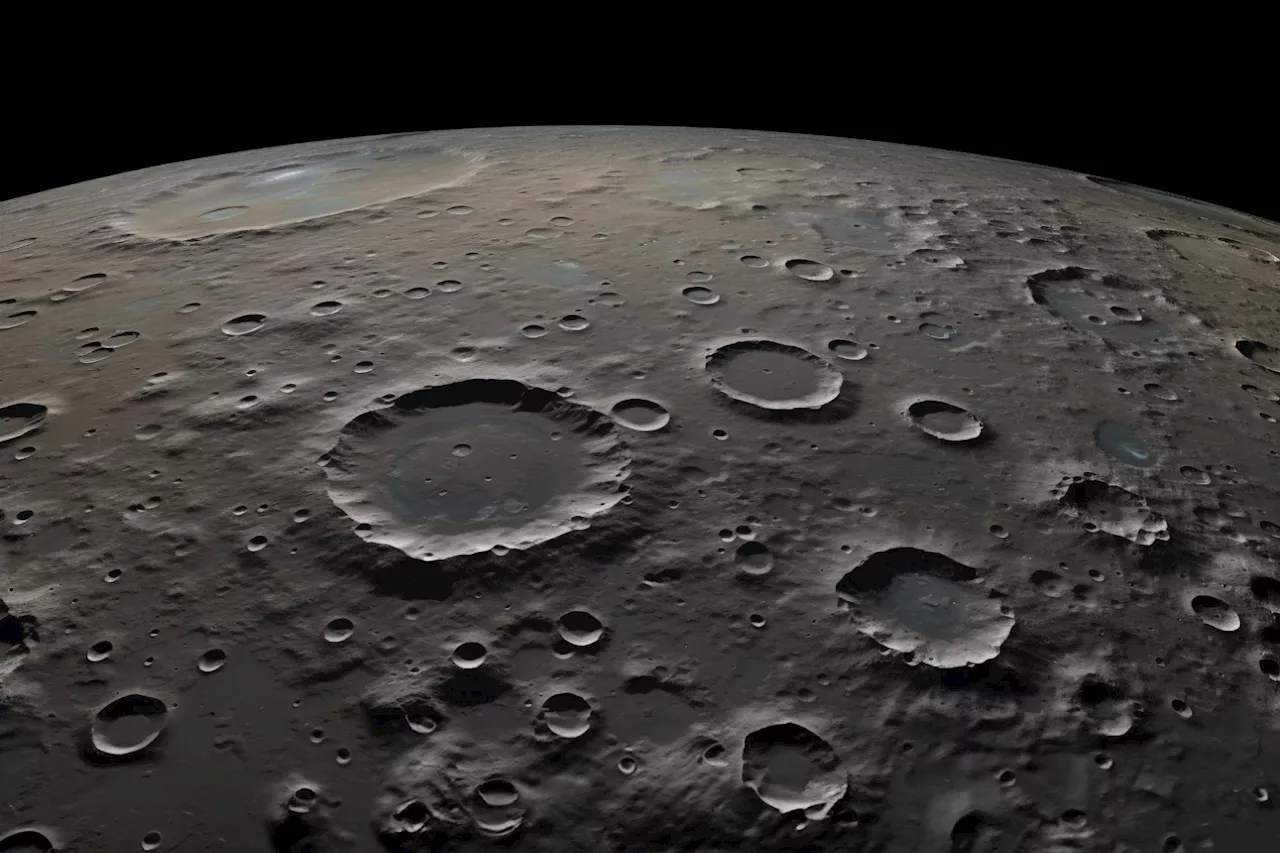 Protecting Earth’s Biodiversity: Scientists Propose Bold Plan To Create Moon-Based Bio VaultScience, Space and Technology News 2024
Protecting Earth’s Biodiversity: Scientists Propose Bold Plan To Create Moon-Based Bio VaultScience, Space and Technology News 2024
Read more »
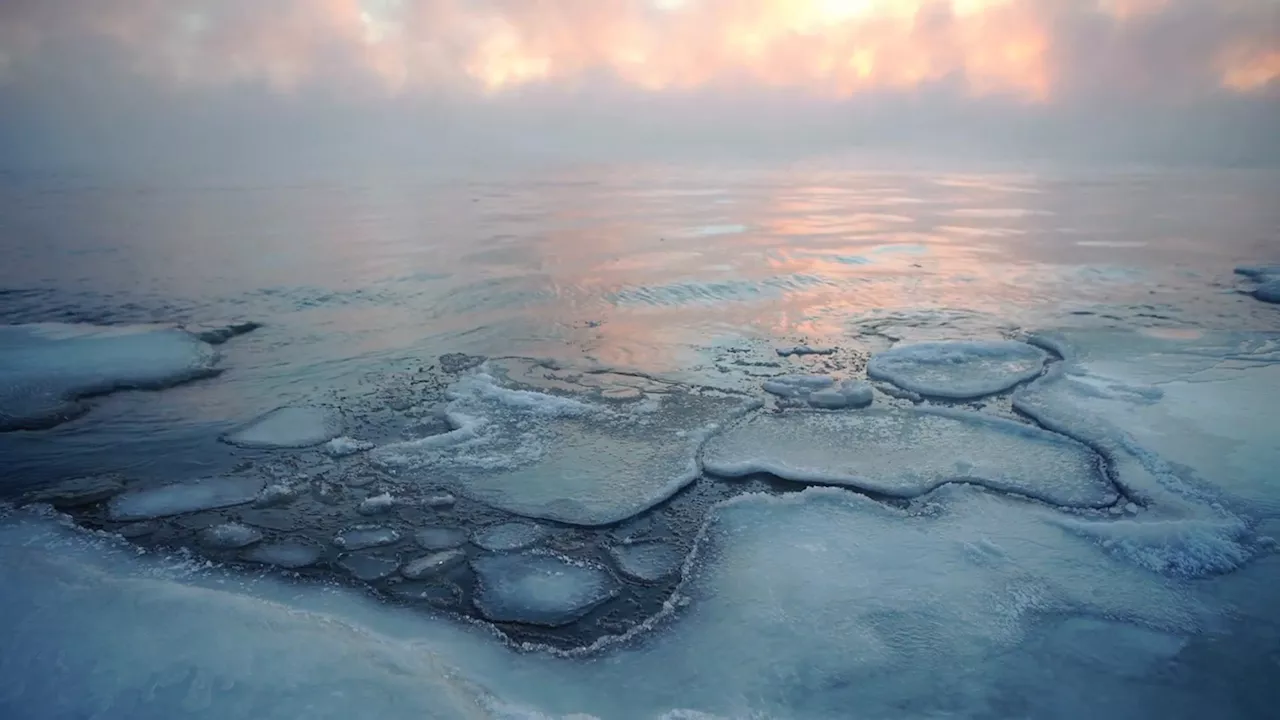 Rethinking the “Doomsday Glacier”: Scientists Challenge Alarming Antarctic Ice Collapse PredictionsScience, Space and Technology News 2024
Rethinking the “Doomsday Glacier”: Scientists Challenge Alarming Antarctic Ice Collapse PredictionsScience, Space and Technology News 2024
Read more »
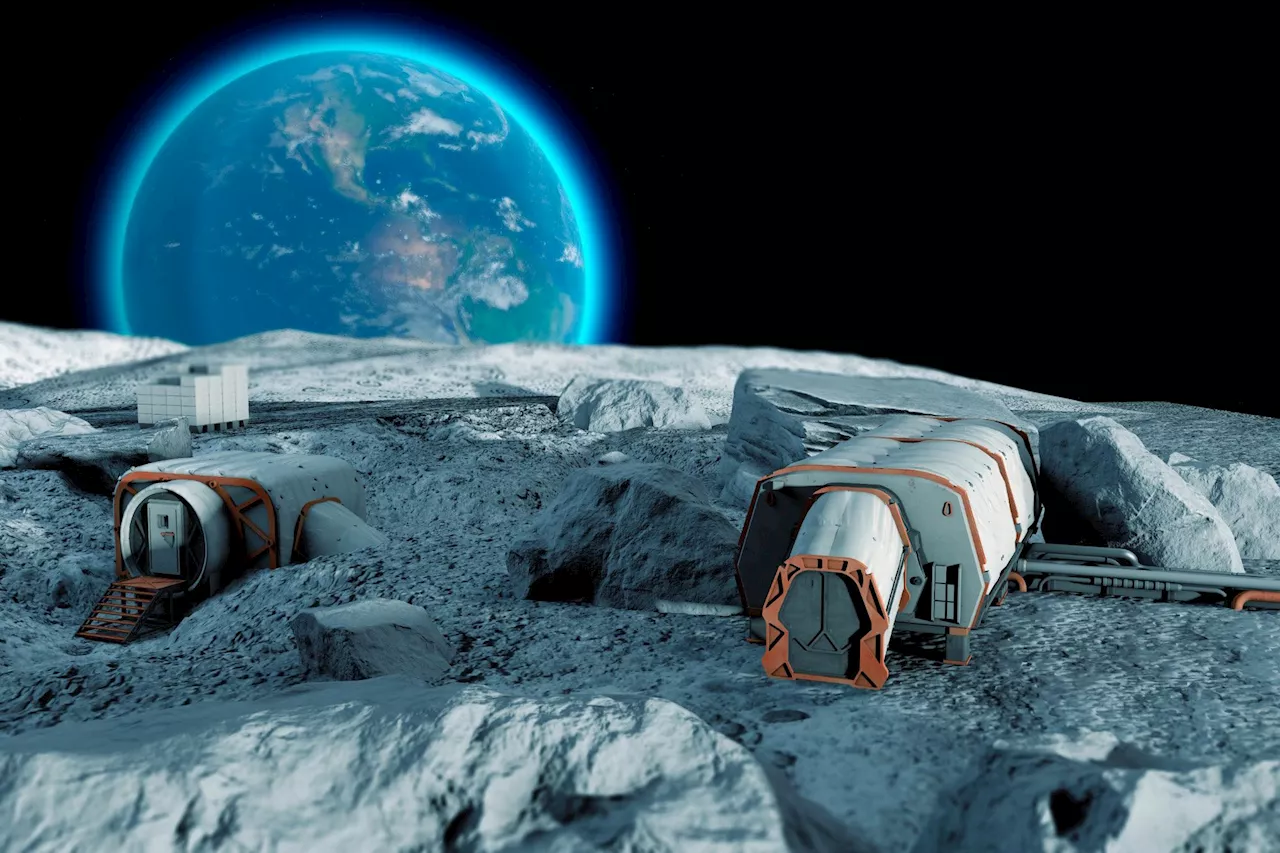 From Science Fiction to Reality: How Scientists Plan To Build a Lunar BaseScience, Space and Technology News 2024
From Science Fiction to Reality: How Scientists Plan To Build a Lunar BaseScience, Space and Technology News 2024
Read more »
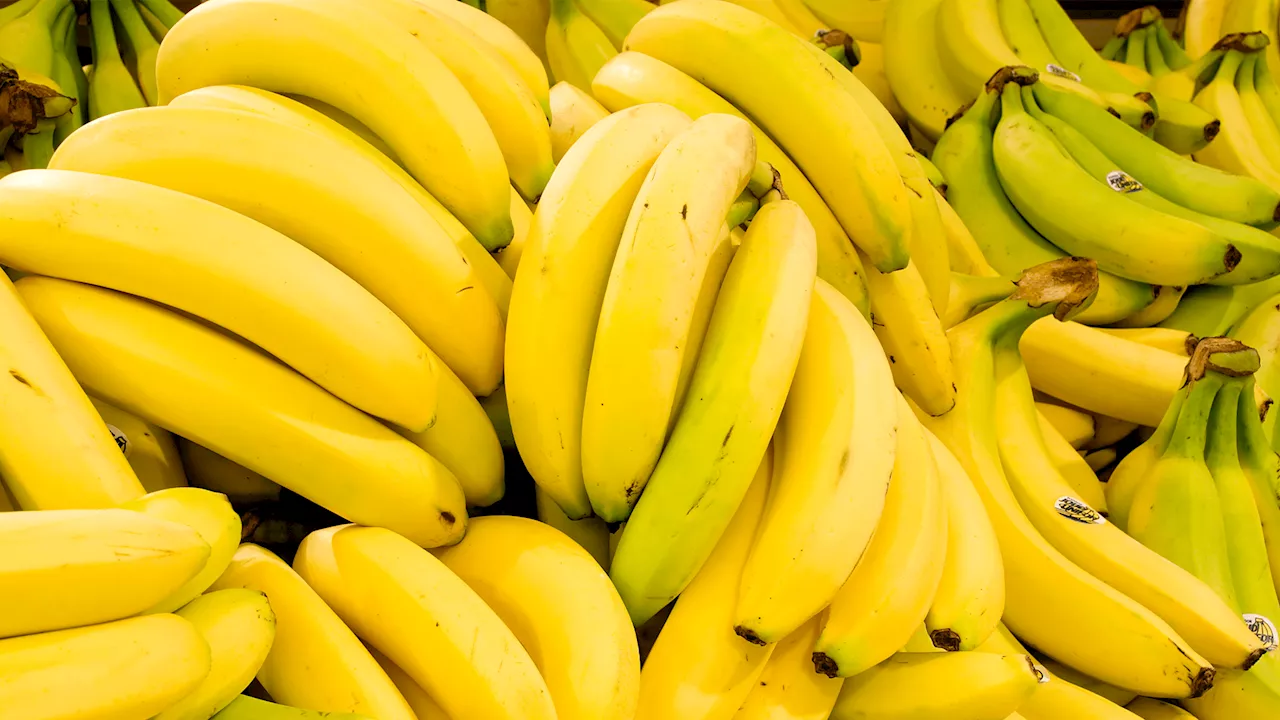 Bananas are at risk of extinction, but scientists have a planLaura is a science news writer, covering a wide variety of subjects, but she is particularly fascinated by all things aquatic, paleontology, nanotechnology, and exploring how science influences daily life. Laura is a proud former resident of the New Jersey shore, a competitive swimmer, and a fierce defender of the Oxford comma.
Bananas are at risk of extinction, but scientists have a planLaura is a science news writer, covering a wide variety of subjects, but she is particularly fascinated by all things aquatic, paleontology, nanotechnology, and exploring how science influences daily life. Laura is a proud former resident of the New Jersey shore, a competitive swimmer, and a fierce defender of the Oxford comma.
Read more »
 Scientists cook up a plan to save freshwater crocodiles from toxic cane toadsScientists from Macquarie University working with Bunuba Indigenous rangers and the Department of Biodiversity, Conservation and Attractions (DBCA) in Western Australia have trialed a new way to protect freshwater crocodiles from deadly invasive cane toads spreading across northern Australia.
Scientists cook up a plan to save freshwater crocodiles from toxic cane toadsScientists from Macquarie University working with Bunuba Indigenous rangers and the Department of Biodiversity, Conservation and Attractions (DBCA) in Western Australia have trialed a new way to protect freshwater crocodiles from deadly invasive cane toads spreading across northern Australia.
Read more »
 Scientists Propose Low Cost Plan for Terraforming MarsScience and Technology News and Videos
Scientists Propose Low Cost Plan for Terraforming MarsScience and Technology News and Videos
Read more »
